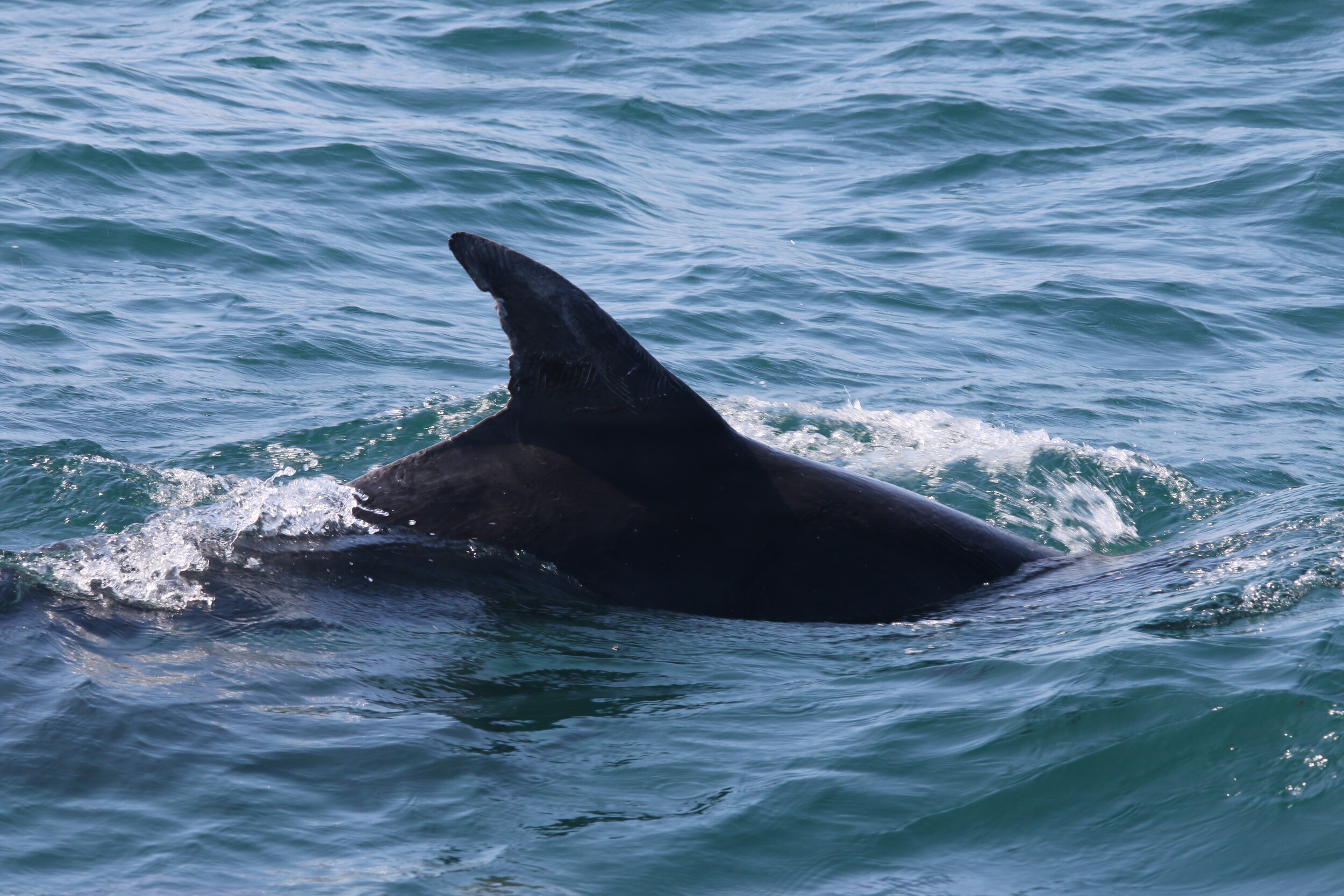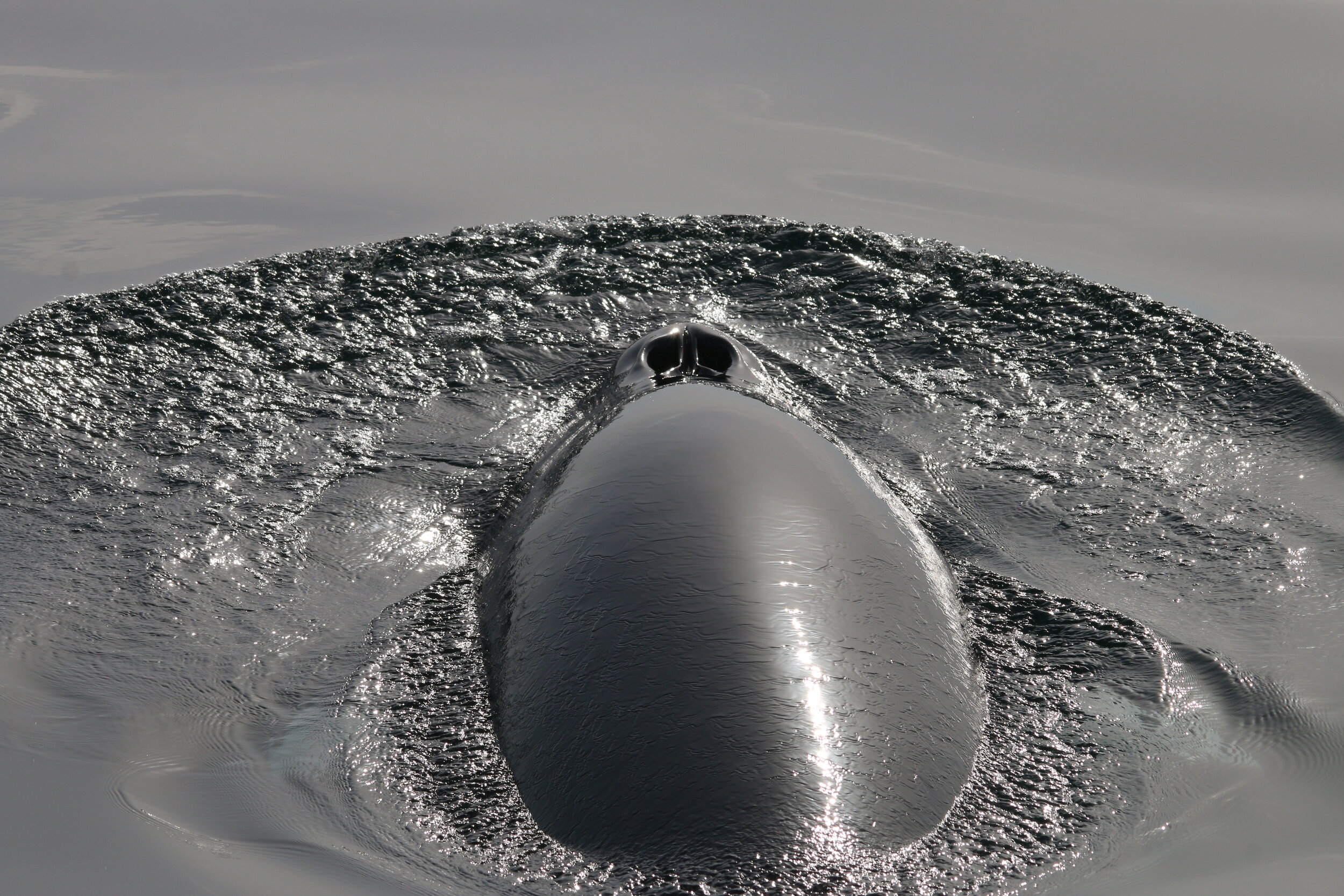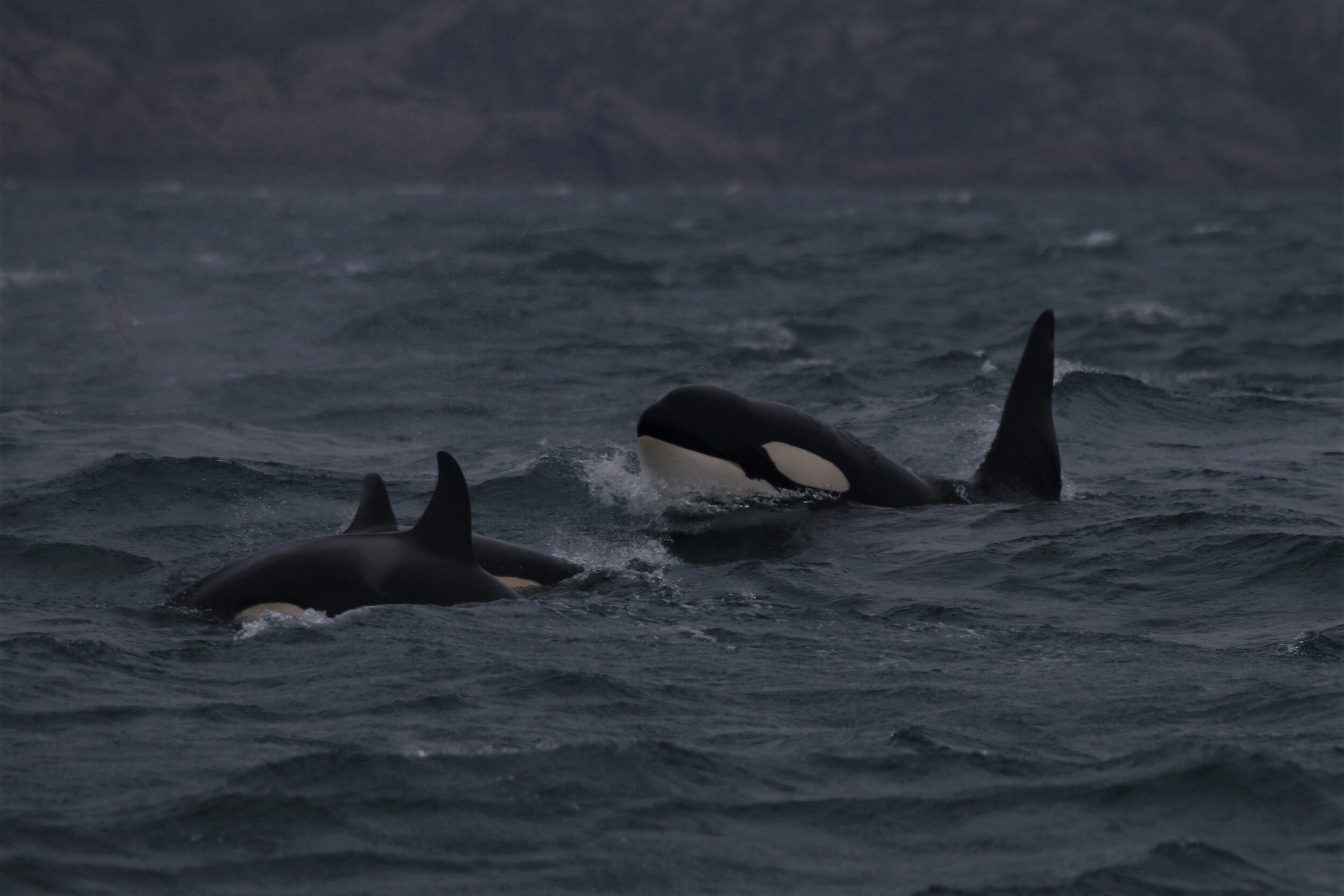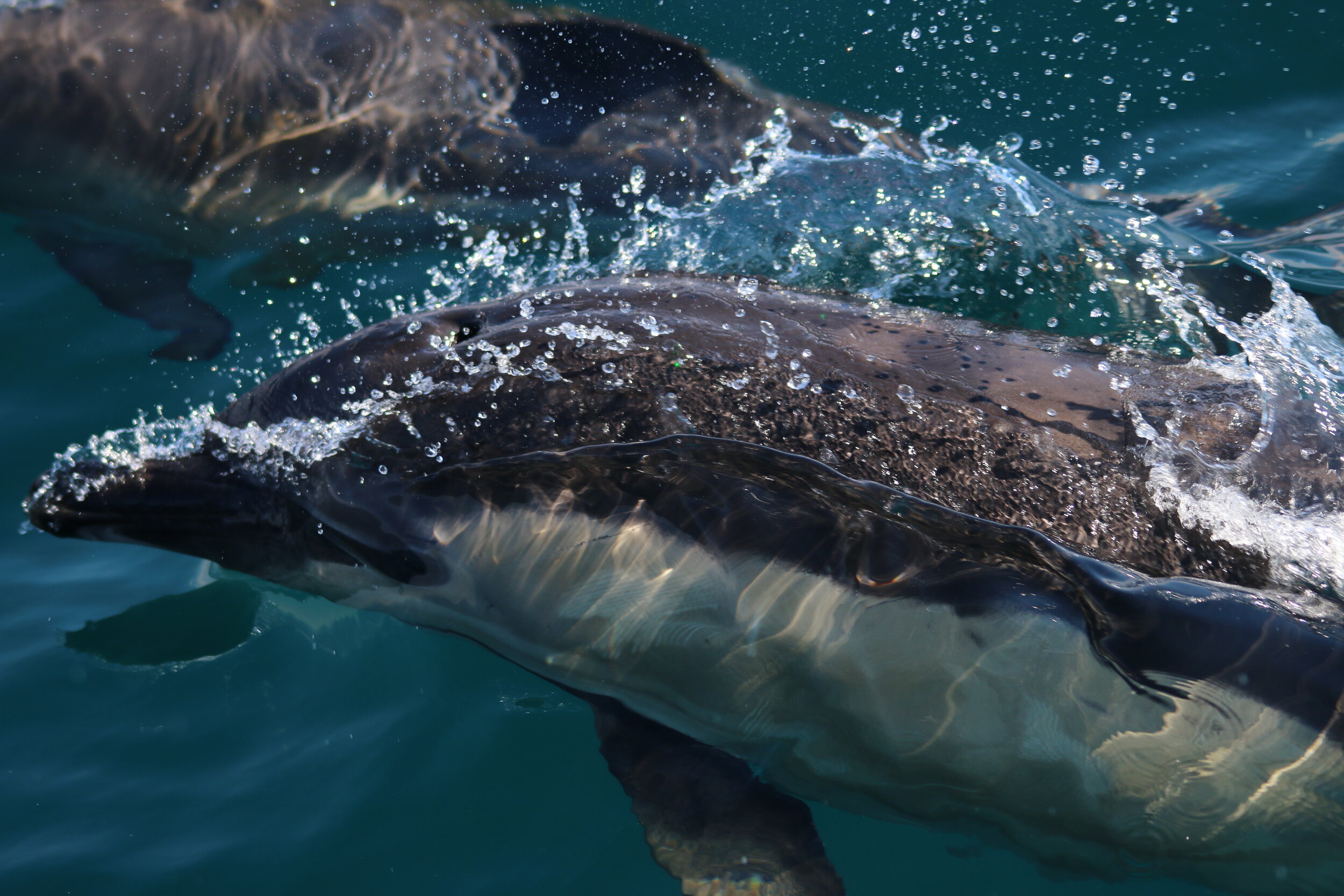Celebrating International Biodiversity Day 2020
Happy International Biodiversity Day from everyone at the Hebridean Whale and Dolphin Trust.
Biodiversity is defined as the variation of life at all levels of biological organisation, or to put it simply it is ‘Life on Earth’. The oceans are home to millions of species and the health of the oceans is highly dependent on marine biodiversity. Today provides an opportunity for us to celebrate the extraordinary marine biodiversity we have in the Hebrides and to recognise the importance of our continued mission to protect it.
Did you know that twenty-three species of whale, dolphin and porpoise have been recorded in Hebridean seas? That’s more than a quarter of all known cetacean species found worldwide, making this an area of global importance for cetaceans. Some of these species live here year round whilst others migrate into our waters year after year. Rare and elusive species have been seen too, which has included arctic visitors like a beluga.
This incredible biodiversity is due to the variety of different of habitats here on the west coast. The Inner Hebrides consists of 79 islands and the Outer Hebrides over 100 islands and skerries. This long, complex coastline comprises of protected sea lochs, strong tidal areas, coastal and shelf waters. In the Hebrides warm oceanic currents mix with cool nutrient-rich coastal currents, creating areas of high productivity - providing lots of food. To the west of the Outer Hebrides and extending down off the west of Ireland is the Rockall Trough. This deep-water basin, with depths in excess of 2,000 meters, is a ‘migration highway’ for large baleen whales, like blue whales, and deep-diving species such as sperm and northern bottlenose whales.
Humpback whale and common dolphin encountered on a research expedition on-board Silurian in 2016.
Protecting and restoring global marine biodiversity is critical in achieving healthy seas and it has a significant implication for public health, business and industry, ecosystem services, food production and energy. It also provides cultural value, and has been shown to increase mental well-being.
The oceans are changing. Globally, biodiversity in the oceans has decreased dramatically in recent decades due a variety of human induced pressures including pollution, over-fishing, habitat destruction and climate change. Crucially, this loss of biodiversity weakens ocean ecosystems and its ability to withstand these disturbances, as well as adapt to climate change. Biodiversity loss is as important an issue as climate change. The more biodiversity the world holds the more secure all life on earth is, including ourselves!
For the past 25 years, HWDT have been monitoring this important area to provide the evidence needed to develop effective conservation measures to protect Scotland’s remarkable marine wildlife for future generations. The data we collect provides a unique and powerful body of knowledge, which is making a real impact for the protection of cetaceans in western Scotland, contributing to the identification and designation of Marine Protected Areas and detecting trends and changes in the marine environment.
More information about what we have learnt from our monitoring work on the west coast of Scotland and the remarkable biodiversity of the Hebrides, can be found in the Hebridean Marine Mammal Atlas, Part 1 . The Atlas showcases findings from the charity’s research expeditions and is a testament to the power of citizen science and the volunteers who make this vital work possible year after year .
You can join us on board our research expeditions on our specialised yacht Silurian and experience this incredible biodiversity for yourself, whilst collecting data and improving our understanding of marine life in the Hebrides. Our surveys are not currently running due to Covid-19 but we will be taking bookings for expeditions in 2021 in the next few weeks and you can register your interest here.






